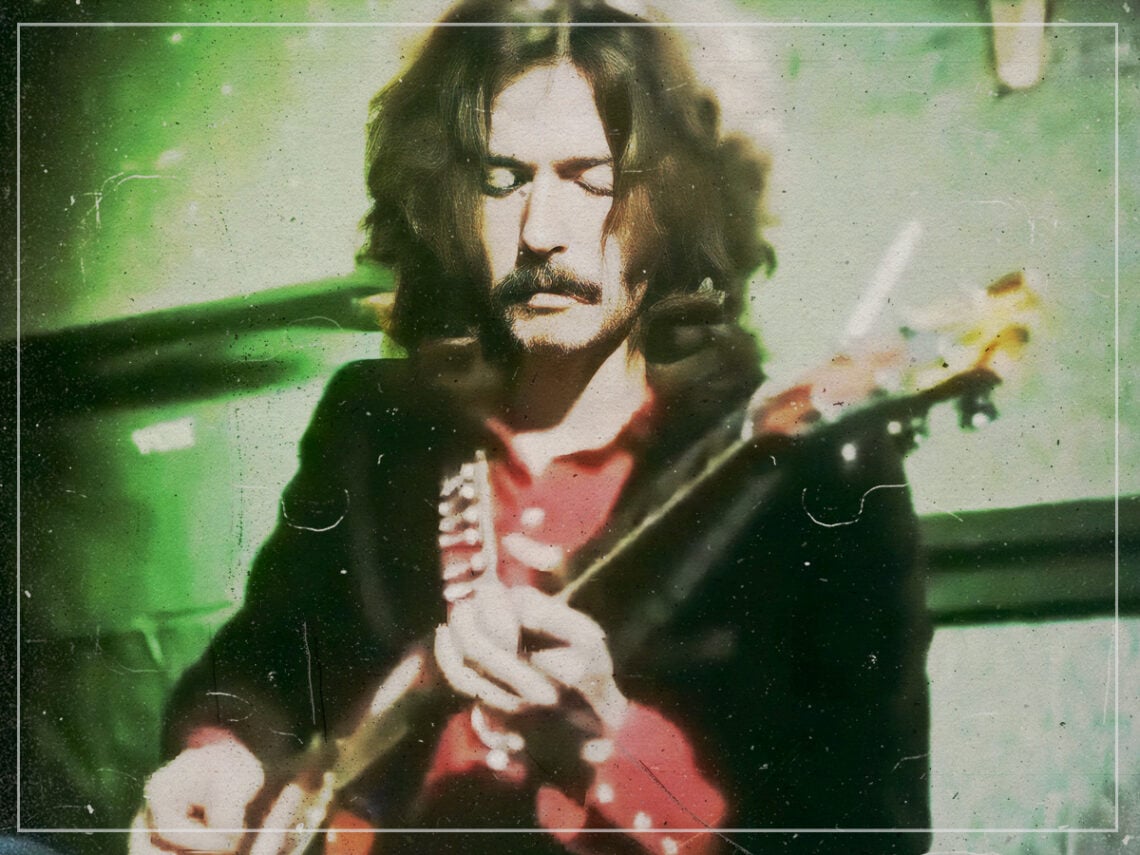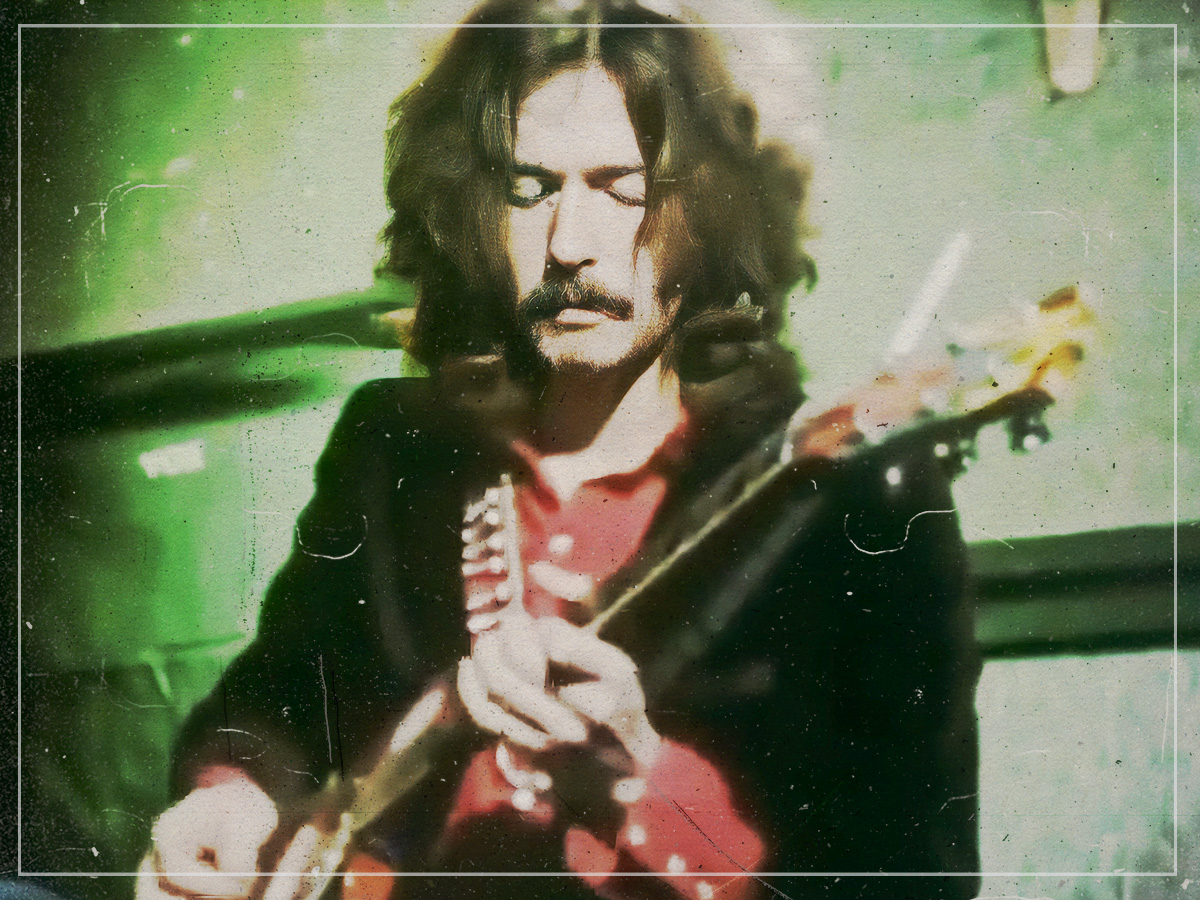
(Credits: Far Out / Video Still)
Sat 27 September 2025 14:30, UK
How does a young Eric Clapton connect with the blues, a genre which was historically the by-product of pain experienced by those at the hands of racism and societal inequality?
Well, it’s an interesting concept, the idea that a genre which is relatively specific in its origin can then be felt on a broader scale by those it may not directly apply to. The truth is that while a lot of what bluesmen were singing about pertained to racism and inequality around the world, they worded these songs in a way that applied on a wider scale as well. This was because direct protest music would likely have been met with scorn by close-minded listeners, but it also allowed the genre to travel better.
When bluesmen sang, they did so about heartbreak or about travelling and attempting to reach a final destination that everyone could relate to. Even the root of those themes came from a very specific place, meaning people around the world listened to the blues and heard the pain, the passion, and instantly latched onto it as something heartfelt that they could empathise with.
Another huge contributing factor towards the genre’s success was the guitar-centric musicianship: take that emotion which existed in the vocals and allow it to trickle down into the instrumentation. This is some of the most heartfelt and honest guitar work you will ever hear, and it pricked the ears of listeners like Eric Clapton, who wanted to take the genre and put their own spin on it.
Clapton has since become one of the most famous blues musicians of all time for taking historical and modern influences to combine them all into one unique sound. He showed people how the blues could be incorporated into a plethora of different moulds, making it one of the styles that lay at the forefront of rock. His unique kind of guitar playing helped his band, Cream, come up with their exciting soundscape of combined genres and something that Ian Anderson once said helped pave the way for prog rock.
“A more progressive approach, which had been the latter part of ’66, listening to people like Graham Bond, who had at that point in his band Jack Bruce on bass and Ginger Baker on drums. In many ways, Graham Bond was kind of a precursor of that thing that became progressive rock,” he said. “And, of course, Cream in its way, when those two guys left Graham Bond and set out as Cream, that became something that moved Eric Clapton along from just being a blues guitarist.”
So, you have Cream, this pioneering band who are changing the face of music and is adored by all who listen, but Clapton doesn’t stick around. Why? Well, there are a few reasons, but one was the limitation he felt playing in a three-piece. When he would record in the studio, he would layer guitar parts, which sounded excellent, but that couldn’t be replicated on stage. He would always admire bands who had large guitar sections on stage, one of whom was The Allman Brothers Band.
“The impression that I got [seeing them live] was how much hard work they’d put into their presentation, and the fact that it wasn’t really blasted all over the airwaves, you know?” Claption said.“[Allman Brothers] influenced my music at the time. They made it OK for a band to be live all the time. Their thing was really more about live than [studio].”
It’s not clear whether it was The Allman Brothers who inspired his decision to leave Cream, but the limitations imposed by being a three-piece were definitely a factor, and seeing great bands like The Allman Brothers wouldn’t have helped the equation.
“We (Cream) were really limited onstage,” Clapton concluded. “We could go into the studio and make great records by overdubbing. I would play a rhythm part, and then play a lead part with a harmony to it, so you’re really talking about three guitar [parts].”
Related Topics
